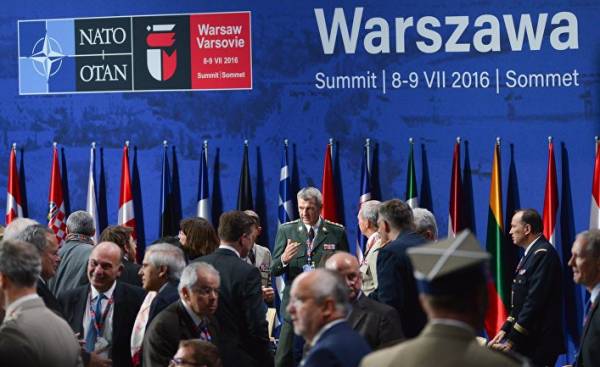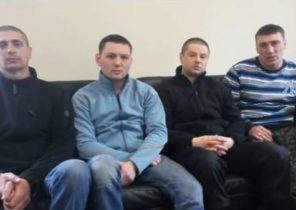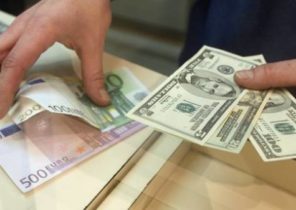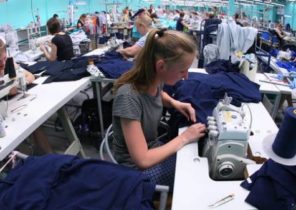
NATO can deter Russia alone and together with the EU should develop a “Grand strategy” for European security, warned a high-ranking commander of the Alliance in Europe.
Sir Adrian Bradshaw, the British General and the Deputy Supreme commander of NATO, said in a Financial Times interview that Russia will remain a threat as long as President Vladimir Putin is in power. He said the consequences could be “catastrophic” if the West will lose coherence in the response “to the enemy, in whose hands all the levers of power.”
“NATO is responsible… not only for the architecture and execution of military strategy, but also for a clear understanding of how military strategy is integrated with other branches of the national government, as well as for drawing attention to where you need to take action in non-military area,” said General Bradshaw.
“We need to move towards a “Grand strategy”, in old fashioned terms… I think it may have very serious consequences, given the relationship between NATO and the EU.”
According to General Bradshaw, in the West, NATO is struggling with a variety of manifestations of Russian aggression — from provocative military exercises on the borders of Europe to Subversion, along with the tide of digital propaganda and efforts to manipulate the presidential election in the United States. Considering its influence and the reaction of the West, Putin “may decide that his methods work…well enough,” admitted the General.
He pointed to the Balkans as an area of growing concern where we need the joint approach of NATO and the EU. The government of Montenegro claims that Russia was behind the attempted coup in the country late last year. “We realize [what is happening in the Balkans], we very carefully see,” said General Bradshaw. “The Balkans is the weak point of Europe to the South.”
According to Bradshaw, while in the West citizens well understood the threat posed by Islamist extremism, many people are unaware of the danger of strained relations with Moscow.
“The threat from Russia is that because of opportunism, errors and lack of clarity in regard to deterrence, we are moving into unwanted conflict, which can have serious consequences.”
General Bradshaw said that the changes which NATO initiated in 2014, to be effective — including the high tempo of military exercises involving tens of thousands of troops in Eastern Europe, but conventional military means will not be enough. The West needs to develop what is called “hybrid containment”, he said.
NATO and the EU have agreed to expand cooperation on safety issues at the Alliance’s summit in Warsaw last year, but some member States of the EU block to work together on a more formal level, said Bradshaw.
For many years, closer ties were suppressed by strained relations between Turkey, a NATO member but not EU, and Cyprus, which is EU but not a NATO member.
General Bradshaw is Deputy Supreme commander of NATO in 2014. He will retire at the end of this month, his successor will be Lieutenant-General James Everard. The role has traditionally been disseminated to the senior British officer. The highest military post of the commander of the United NATO forces usually takes US officer.







